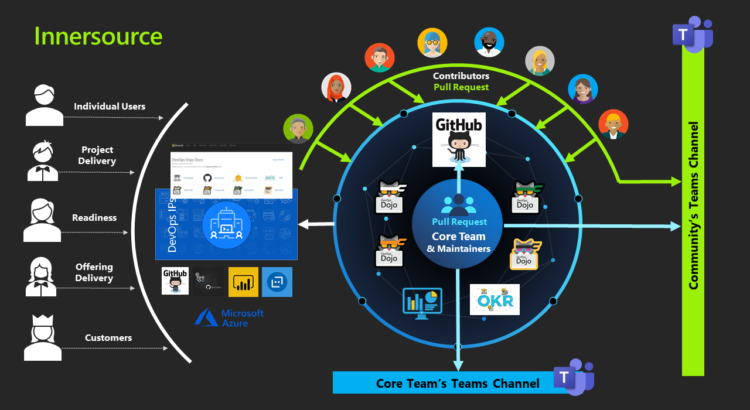The world is changing – not gradually, but at an exponential pace. What we’re experiencing is not just another era of improvement but a seismic shift that’s transforming how we work, produce, and live. Welcome to Industry 4.0 – the Fourth Industrial Revolution.
But what exactly does it mean? And more importantly, how does it affect your business, your technology, and your future?
Let’s break it down.
The Evolution to Industry 4.0
To understand Industry 4.0, it helps to understand what came before.
- Industry 1.0 was the dawn of mechanization in the 18th century. Think steam engines, looms, and water-powered factories.
- Industry 2.0 arrived with mass production and electricity in the early 20th century, creating assembly lines and large-scale manufacturing.
- Industry 3.0 brought automation and computers in the late 20th century. Machines began to operate with less human intervention.
Now, Industry 4.0 takes things to the next level by combining physical production with digital technologies like IoT (Internet of Things), AI (Artificial Intelligence), Machine Learning, Big Data, Cloud Computing, and Cyber-Physical Systems. It’s not just about smarter machines – it’s about intelligent ecosystems.
What Industry 4.0 Really Means
At its core, Industry 4.0 is about interconnectivity, automation, real-time data, and intelligent decision-making. Factories are becoming “smart” – using data from connected devices to monitor performance, predict failures, optimize production, and even self-adjust in real-time.
Imagine a manufacturing floor where every machine talks to the others, learns from performance data, and adjusts to keep efficiency high and waste low. Or a supply chain where logistics systems autonomously reroute shipments based on weather, traffic, and demand – all without human input.
This is not science fiction. This is the here and now.
The Key Pillars of Industry 4.0
Industry 4.0 is driven by a powerful convergence of digital technologies. At the forefront is the Internet of Things (IoT), where connected sensors and devices collect real-time data across operations, from materials tracking to equipment monitoring. Complementing this is Big Data and Analytics, which processes massive volumes of structured and unstructured data to uncover actionable insights that fuel smarter, faster decision-making. Artificial Intelligence (AI) and Machine Learning (ML) take this data further by enabling systems to learn, predict, and adapt – optimizing production, forecasting maintenance needs, and improving service delivery. Cloud Computing supports all this by offering scalable, flexible, and cost-effective infrastructure. Adding intelligence to physical environments are Cyber-Physical Systems, which merge machines with software and sensors to enable autonomous decision-making. Finally, Additive Manufacturing (3D Printing) is reshaping production itself, allowing for customized, on-demand creation of components with precision and minimal waste.
Industry 4.0 in Action
Let’s take a real-world example. A smart factory powered by Industry 4.0 technologies can:
- Monitor equipment health and schedule predictive maintenance before a breakdown occurs.
- Track inventory in real time, automating replenishment based on demand trends.
- Use AI-powered quality control, spotting defects more accurately than the human eye.
- Respond to supply chain disruptions quickly by using autonomous decision-making systems.
It’s not just manufacturing that benefits. Retail, healthcare, logistics, agriculture, and even smart cities are tapping into Industry 4.0 principles to deliver better outcomes faster and more efficiently.
Why It matters for your business
Embracing Industry 4.0 isn’t just a technological upgrade – it’s a strategic move that transforms how businesses operate and compete. Organizations that adopt Industry 4.0 can benefit from a significant boost in productivity and product quality, lower operational costs through automation, quicker time-to-market for their offerings, improved customer satisfaction thanks to greater customization, and enhanced flexibility and innovation driven by data insights and adaptive systems. In short, it’s the difference between surviving and thriving in a hyper-digital world.
Moving into the future
We don’t just help businesses adapt – we help them evolve. With deep expertise in IoT, AI/ML, cloud solutions, and intelligent automation, Razorse Software create future-ready ecosystems that empower companies to innovate, scale, and compete in the Industry 4.0 era. Whether you’re just getting started or ready to elevate your digital infrastructure, our tailored solutions ensure your journey is seamless, strategic, and built for long-term growth.
The next chapter of innovation starts here.
#Industry40 #DigitalTransformation #IoT #AI #SmartManufacturing #FutureOfWork #Innovation #BusinessTransformation #TechForTomorrow #SmartSolutions #RazorseSoftware





